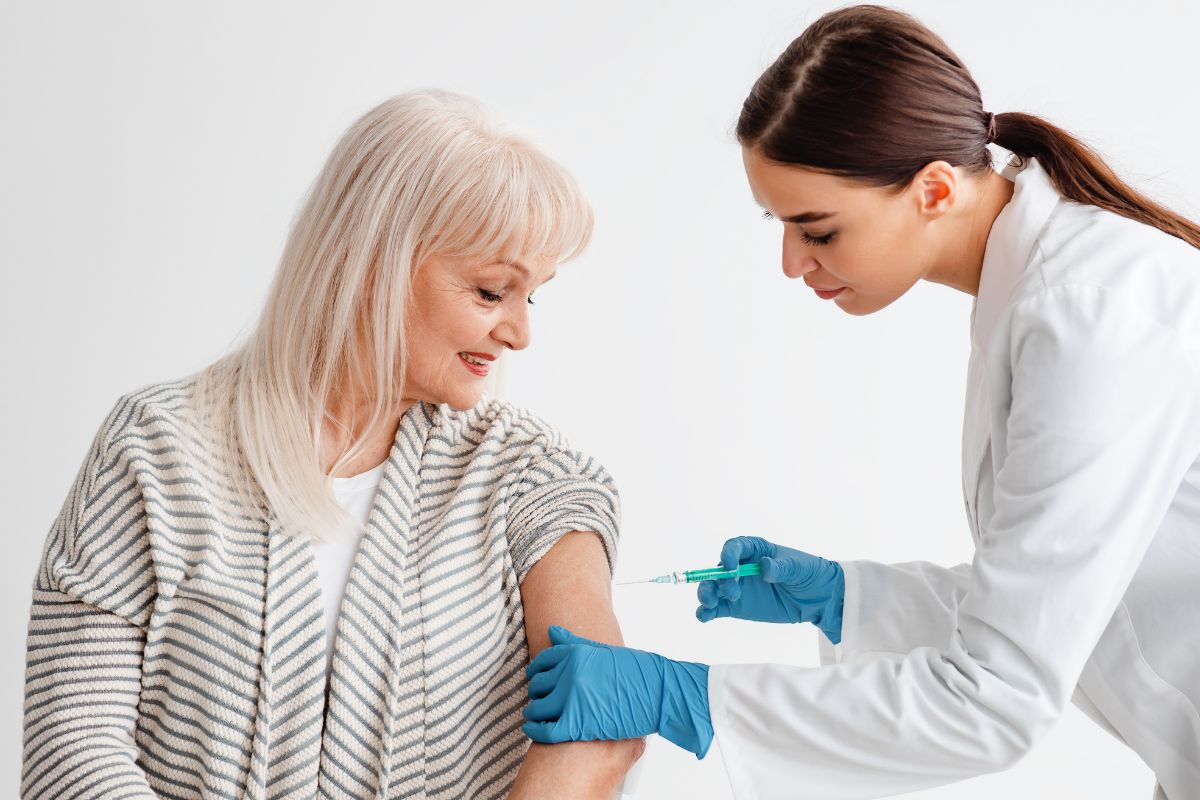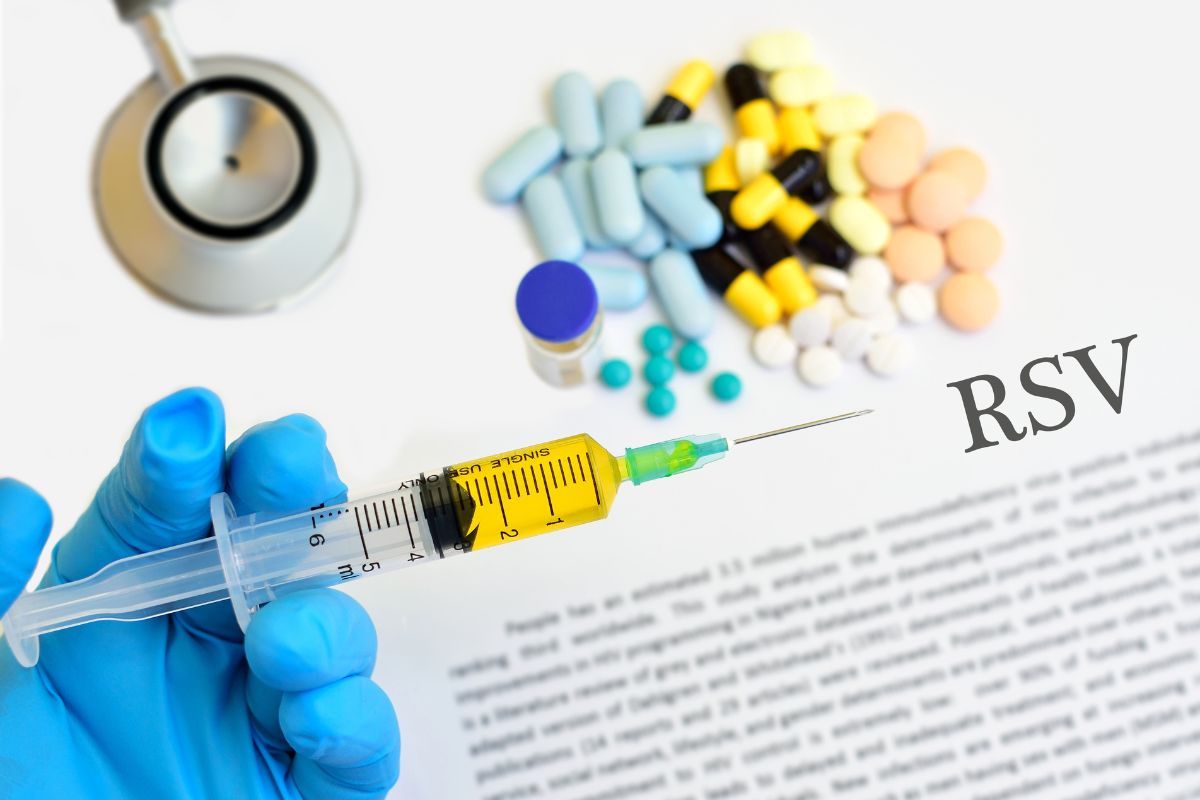Some older seniors are reportedly being charged more than $300 to receive the new RSV vaccine.
Seniors across the United States have been reporting that they have been forced to pay for their annual RSV shots because their health insurance prescription drug plans haven’t been covering them.
Though they have been receiving their vaccine every year, they’re now being asked to pay out of pocket.
The new RSV vaccine is covered by Medicare Part D, but man seniors who have private prescription drug coverage are discovering that they now need to pay for this shot for which they’ve previously had health insurance coverage for other similar vaccines such as the flu shot.

The it is the new respiratory syncytial virus (RSV) vaccine that isn’t being covered for many seniors by the drug companies. For many seniors, this vaccine is quite expensive. It is not uncommon for the out-of-pocket cost for this shot to be around $330.
Currently, many health insurance plans are not covering the cost of this new vaccination.
The Food and Drug Administration has given approval to two RSV vaccines as of earlier in 2023, for adults aged 60 years and up. At that time, they called it a breakthrough that could be potentially lifesaving. After all, each year, between 6,000 and 10,000 people in the United States who are over the age of 65 years have died from RSV. Moreover, another 60,000 to 100,000 people are hospitalized from this disease.
The approved vaccines are manufactured by GSK and Pfizer and are each considered to be 80 percent effective at the prevention of lower respiratory symptoms such as shortness of breath and coughing, which are associated with an infection with RSV.
That said, some health insurance drug plans won’t cover the cost of the shot, so any seniors that want this added protection against RSV infection and severe symptoms face the risk of having to pay hundreds of dollars. As a result, many people are choosing not to get the vaccine after all, even if it had been their intention to do so. This mainly affects Medicare enrollees who don’t have a Part D plan.


